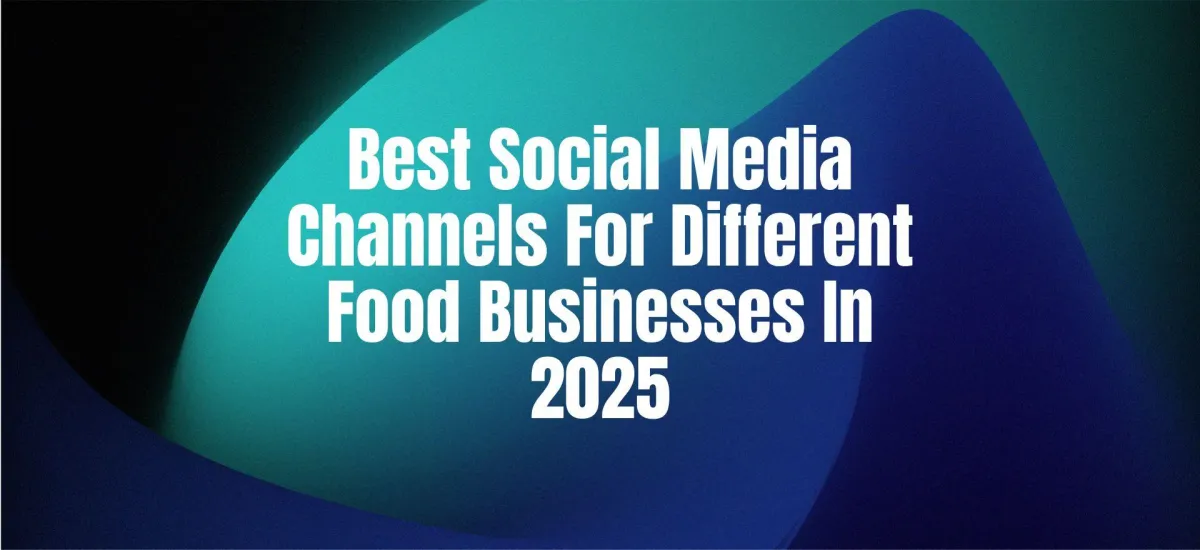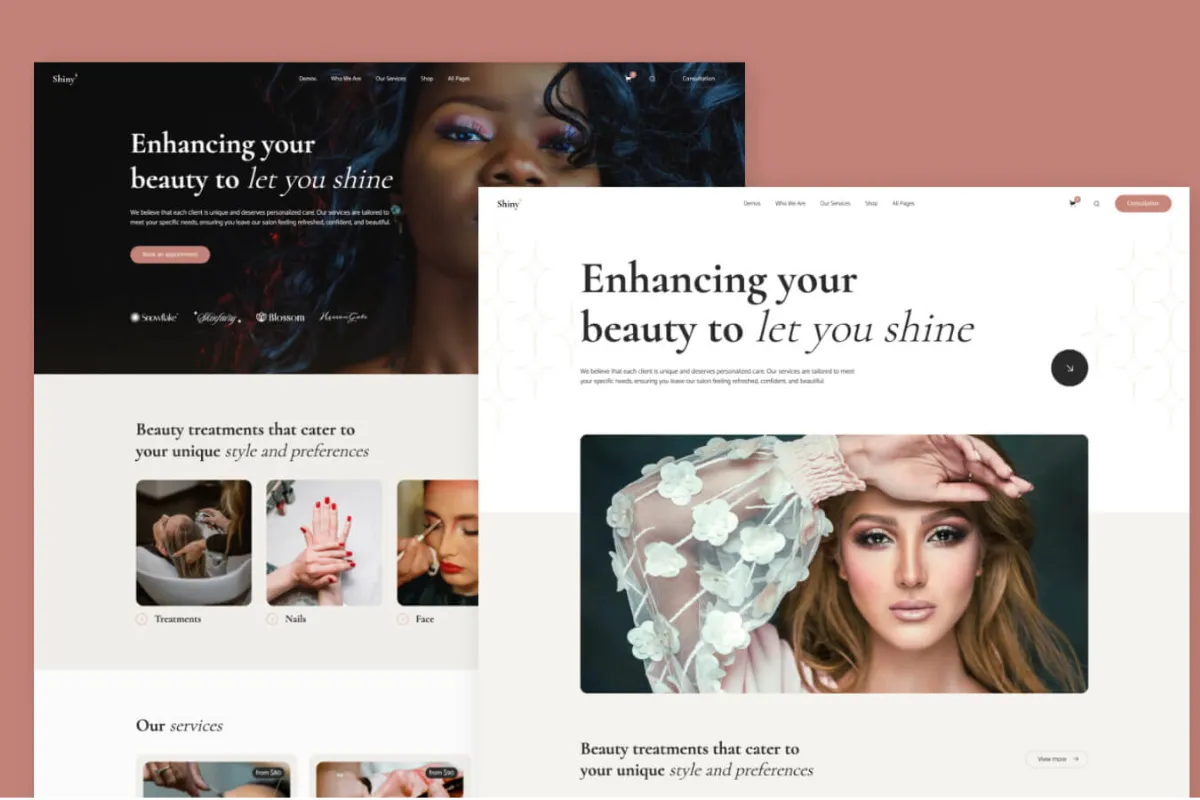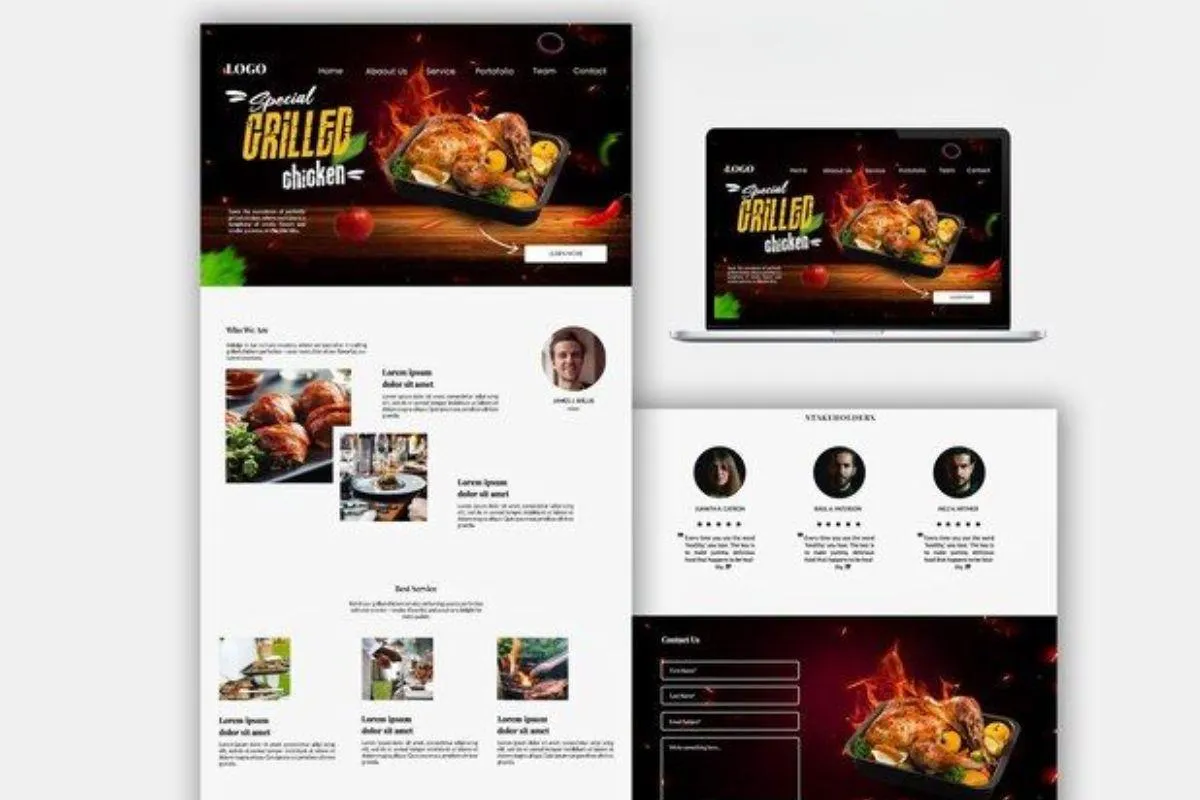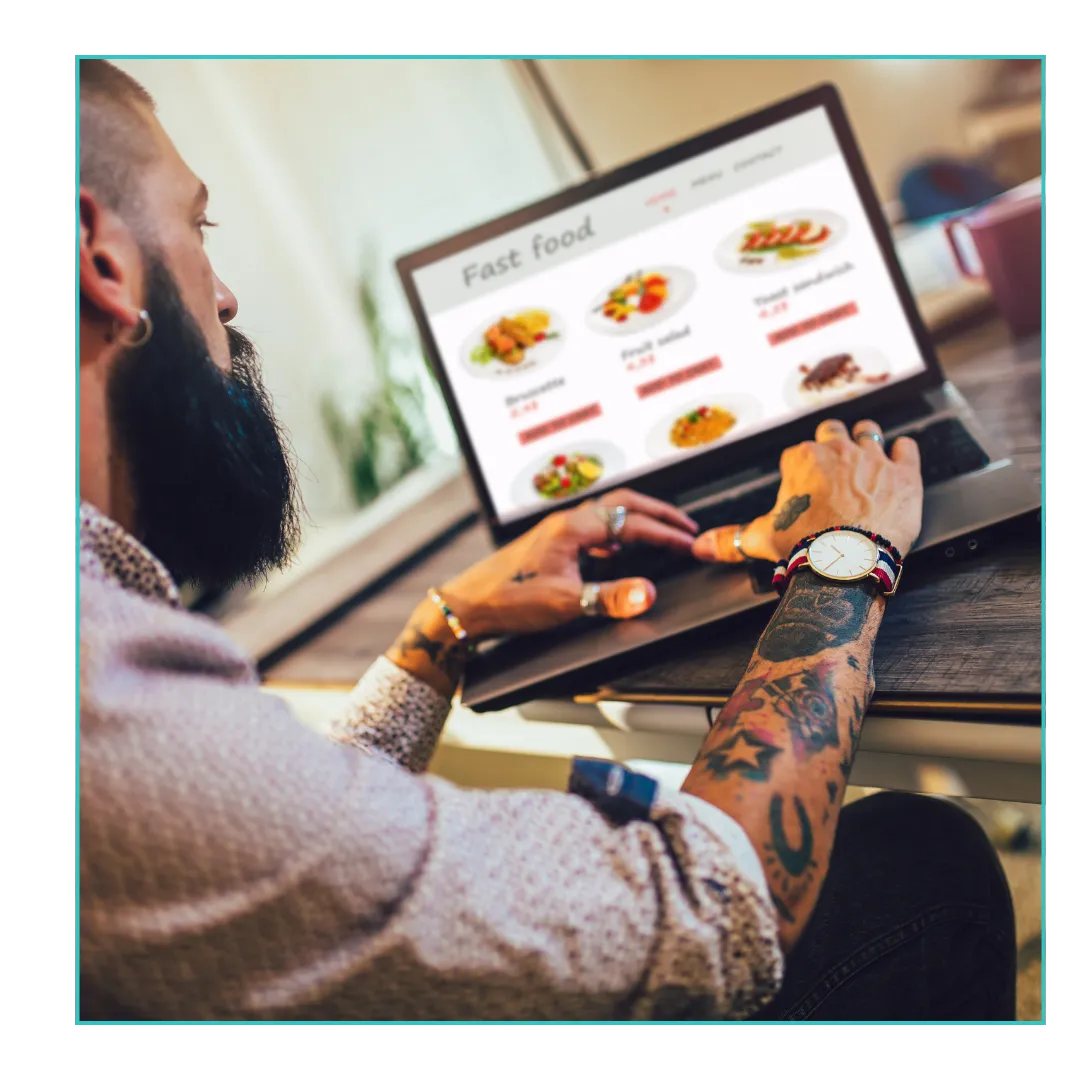
Best Social Media Channels for Different Food Businesses in 2025
Why Social Media Matters for Food Businesses
Best Social Media Platforms for Restaurants
4. Google Business Profile (Not a social channel but essential)
Best Social Media Platforms for Cafés
Best Social Media Platforms for Organic Stores
4. LinkedIn (Surprisingly useful for B2B Organic Brands)
Bonus: How to Choose the Right Platform for YOUR Business
In 2025, social media is more powerful than ever for food businesses. Whether you run a restaurant, a cozy café, or an organic store, the right social media platforms can help you reach your ideal customers, boost your brand, and grow your business.
But not every platform works the same for all food businesses. In this blog, we’ll explore the best social media channels for restaurants, cafés, and organic food stores and how to use them effectively.
Why Social Media Matters for Food Businesses
Social media is where people discover new food spots, share dining experiences, and look for healthy lifestyle inspiration. Here’s why food businesses need to be active on social platforms:
Build brand awareness
Attract local customers
Showcase your food visually
Engage with your audience
Promote deals and events
Collect reviews and feedback
Now, let’s break down the best platforms for each type of food business in 2025.
Best Social Media Platforms for Restaurants
1. Instagram
Why it works: Instagram is still the #1 platform for food photos and videos.
Use Reels to show how your dishes are made
Post behind-the-scenes clips of your chefs and kitchen
Share user-generated content (like customers tagging your food)
Use hashtags like #Foodie, #RestaurantName, #CityEats to boost reach
New in 2025: Instagram now allows better local discovery tools customers can find your restaurant easily through location tags and updated search features.
2. Facebook
Why it works: Many people still use Facebook to check menus, hours, and reviews.
Create a Facebook Page with all your business info
Use Facebook Events for special nights or promotions
Share reviews and testimonials
Run local ads targeting people nearby
Tips: Use Facebook Messenger for bookings or order questions it’s quick and personal.
3. TikTok
Why it works: TikTok is a powerful platform for going viral with food content.
Share short videos of your signature dishes, chef tricks, or challenges
Try trending food challenges or filters
Collaborate with local food influencers
Hot trend for 2025: “Mini food documentaries” 30 to 60-second videos sharing the story of your restaurant or a special dish.
4. Google Business Profile (Not a social channel but essential)
Why it matters: Many customers search for restaurants on Google Maps or Search.
Keep your profile updated with pictures, hours, and reviews
Use Google Posts to promote specials or events
Respond to customer reviews
Tip: A well-managed Google Business Profile boosts your SEO and helps you appear in the “local pack.”
Best Social Media Platforms for Cafés
1. Instagram
Why it works: Instagram is great for creating an aesthetic café vibe.
Post morning coffee shots, latte art, and cozy seating
Use Stories and Highlights to show your menu or events
Encourage customers to tag your café
Trend in 2025: “Morning routine” Reels featuring your café as part of a customer's peaceful day great for creating emotional connections.
2. Pinterest
Why it works: Pinterest is visual, and many users look for café inspiration and lifestyle content.
Post photos of your café interior, drinks, and pastries
Share seasonal menu boards and recipes
Create pins that link back to your website or blog
Bonus: Pinterest drives long-term traffic people can discover your café even months later.
3. TikTok
Why it works: It’s perfect for showing your café’s unique vibe and community.
Try filming “A Day at Our Café” series
Highlight your staff, friendly service, or customer stories
Jump on seasonal drink trends (like pumpkin spice or matcha drinks)
2025 idea: Use TikTok’s new location-based features to promote café visits with “geo-challenges” like offering a discount to customers who check in and tag you.
4. Facebook
Why it works: Many café customers are loyal locals who check Facebook regularly.
Post daily specials and customer stories
Create event pages for open mics, book clubs, or seasonal celebrations
Respond quickly to messages
Best Social Media Platforms for Organic Stores
1. Instagram
Why it works: Organic food lovers love healthy lifestyle content.
Post about fresh arrivals, farmer partnerships, and clean ingredients
Use carousel posts to explain health benefits
Go live with wellness tips or organic product tutorials
Trending in 2025: "What’s in your bag?" content showing weekly organic grocery hauls and healthy meal preps.
2. YouTube
Why it works: Long-form videos work well to educate and build trust.
Create videos on how to cook with organic ingredients
Share the stories of your farmers or suppliers
Post educational content about sustainability or organic certification
Tip: YouTube also helps with SEO your videos can appear in search results for food, health, and wellness queries.
3. Facebook Groups
Why it works: Groups create a community around health-conscious living.
Create a group for your local store share recipes, host discussions, run challenges
Post about events like organic tastings or wellness workshops
Encourage customers to share their organic lifestyle journey
4. LinkedIn (Surprisingly useful for B2B Organic Brands)
Why it works: If your store also supplies organic products wholesale or partners with restaurants, use LinkedIn.
Share business updates, partnerships, and behind-the-scenes of sourcing
Connect with chefs, nutritionists, and organic advocates
Bonus: How to Choose the Right Platform for YOUR Business
Here’s a simple chart to help you decide where to focus your time:
Social Media Tips for 2025 Success
Consistency Matters
Post regularly. Use tools like Buffer, Later, or Metricool to schedule posts.Engage With Comments and DMs
Social media is not just about posting. Reply to your followers to build real connections.Use Local Hashtags and Geotags
This helps local customers find you more easily.Work with Micro-Influencers
Partner with local food bloggers or lifestyle influencers for authentic promotion.Use Video
Short videos are king. Whether it’s TikTok, Reels, or YouTube Shorts use video to stand out.
Conclusion
Every food business has a unique story and social media is your stage to tell it.
Restaurants should focus on Instagram, Facebook, and TikTok to showcase their dishes and environment.
Cafés should build a lifestyle feel through Instagram, Pinterest, and local community posts.
Organic stores should use education, inspiration, and community-focused platforms like YouTube, Instagram, and Facebook Groups.
No matter your niche, social media in 2025 is about being real, being visual, and building community. Choose the platforms that best fit your brand personality, and focus on engaging, quality content













